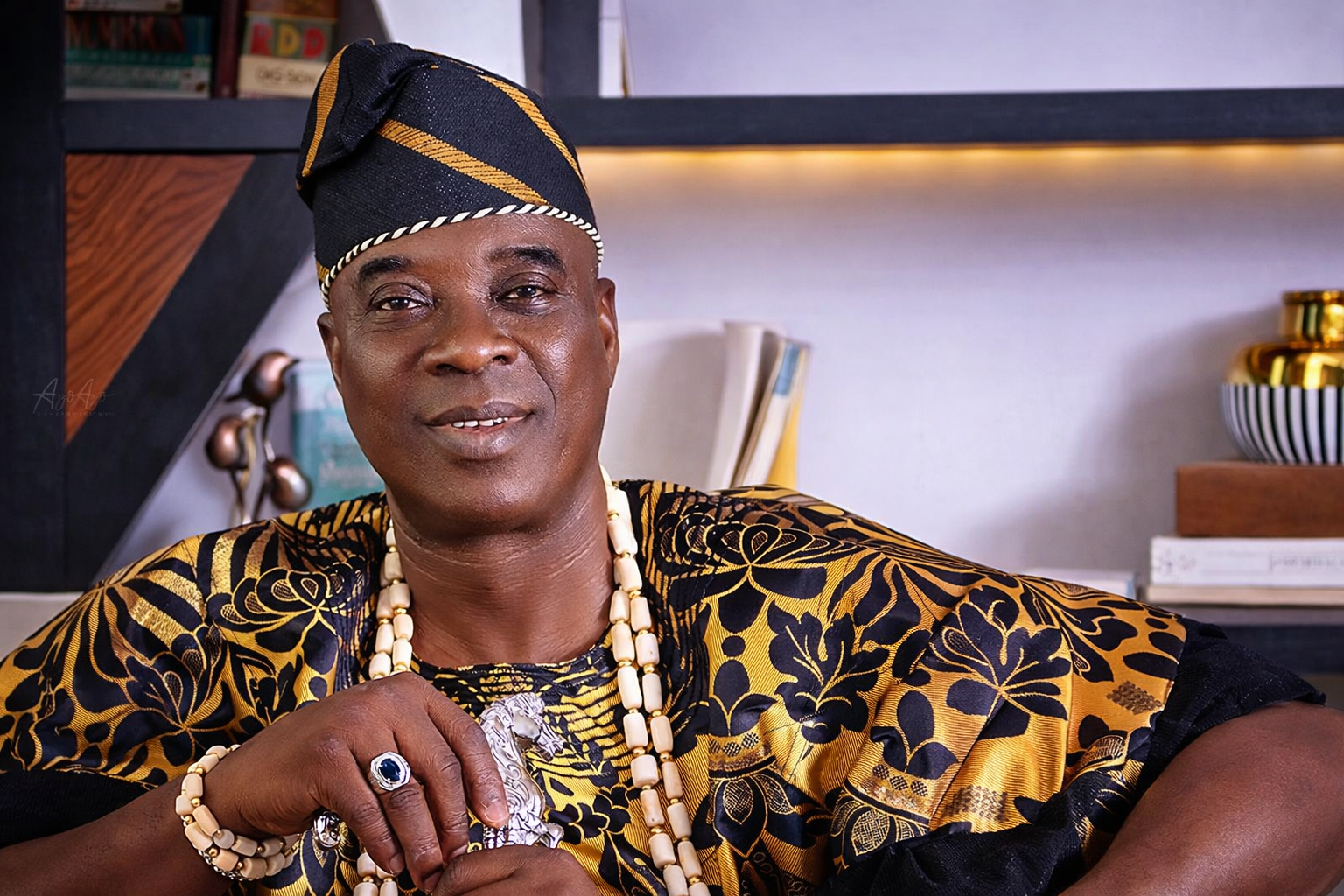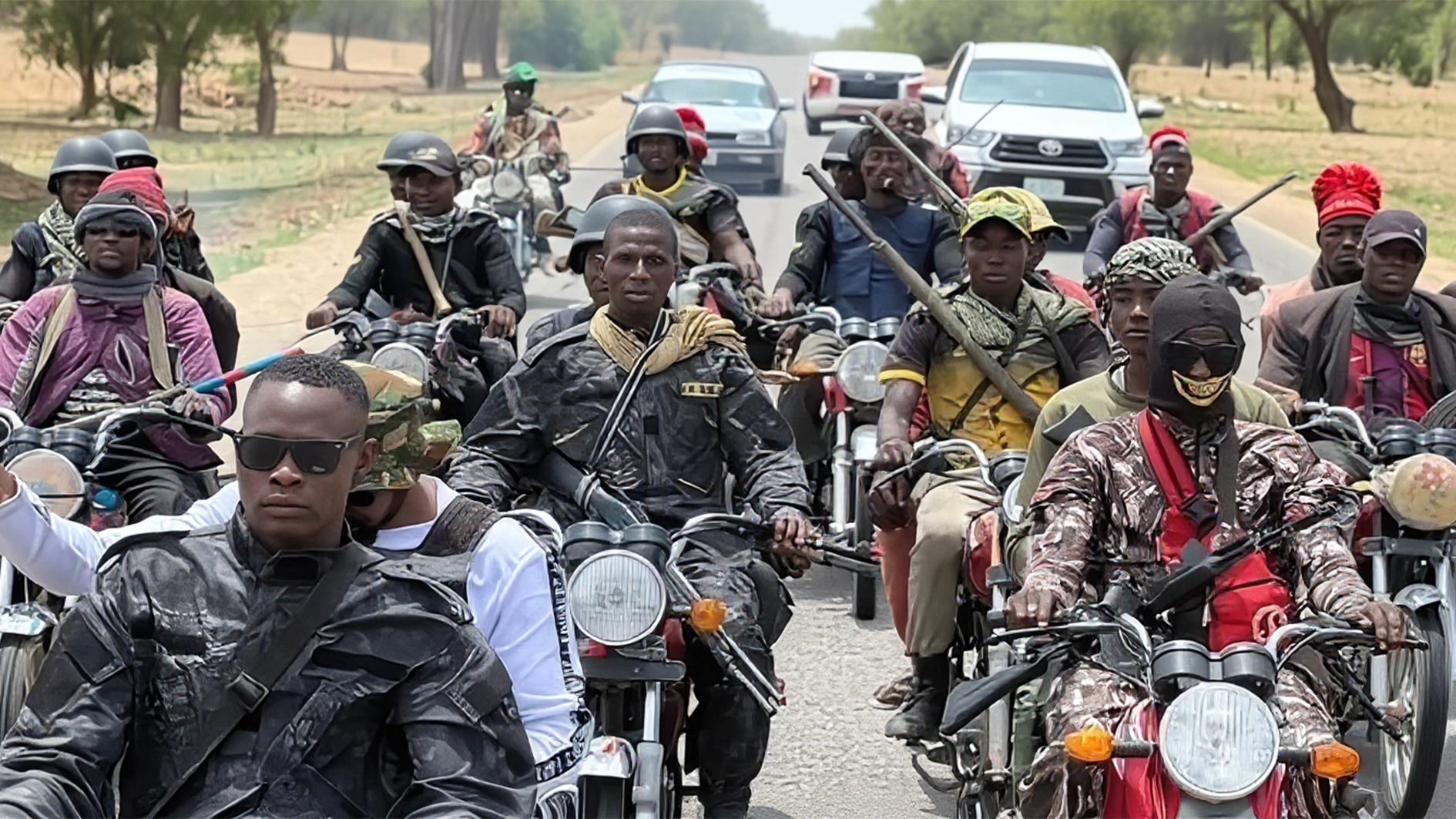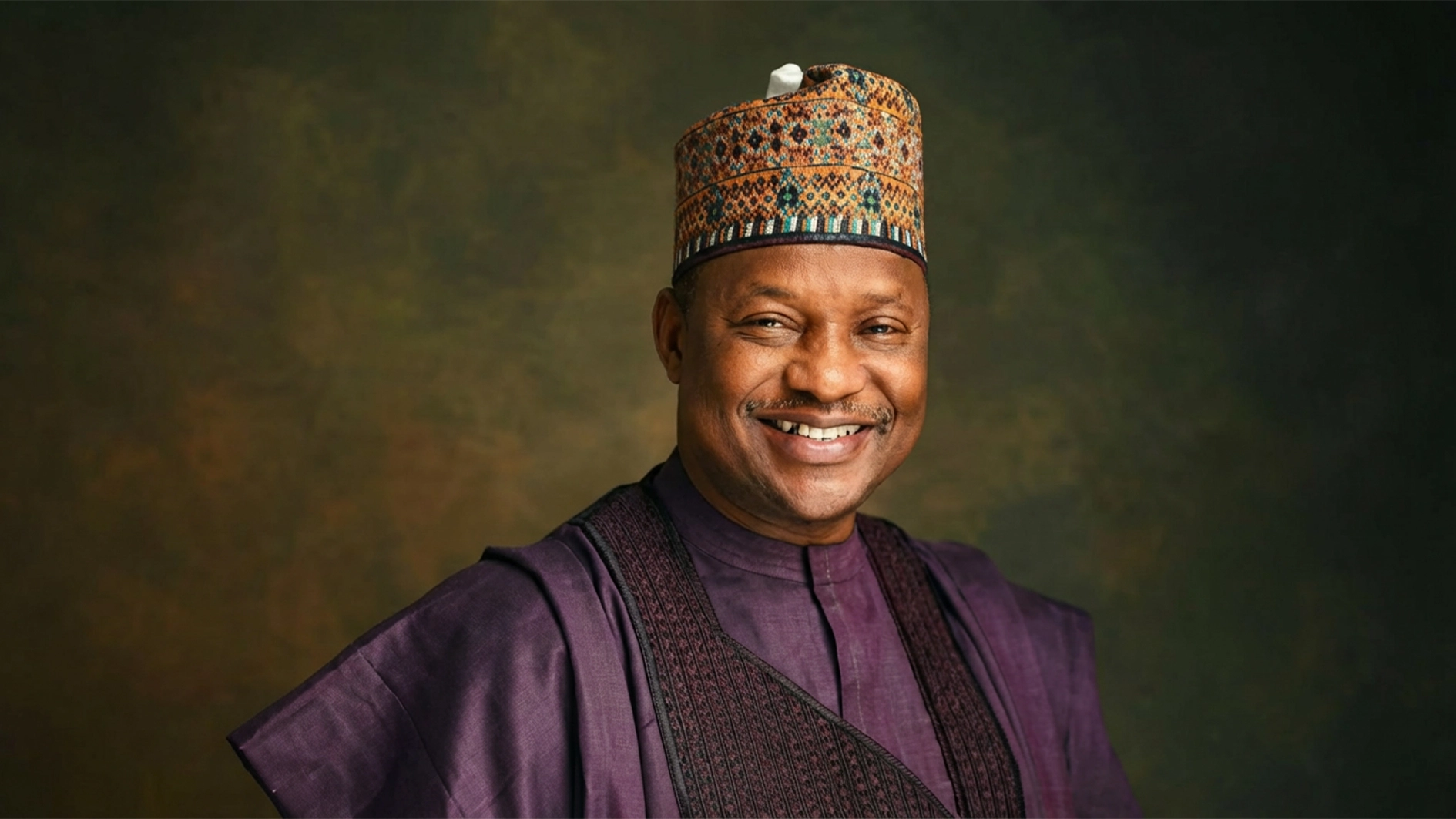
The United Nations Children’s Fund (UNICEF), has again raised concerns over the daily increase of Nigerian children living in poverty.
Citing the 2020 report on Multidimensional Child Poverty Analysis, UNICEF said Over 47 million children in Nigeria are currently living in poverty across the country.
Making the revelation yesterday, at the North-East states strategic policy dialogue on social budgeting for child-sensitive sectors, in Gombe state, the Officer In charge (OIC), Chief of Field Office, UNICEF Bauchi Field Office, Mohammed Kamfut, said the staggering figure accounts for approximately 47.4 percent of the country’s child population, with these children living in households earning less than the national poverty line of 137,430 Naira annually, based on the 2019 exchange rate.
Observing that the report underscores the widespread economic hardship affecting millions of Nigerian families, particularly impacting the nation’s youngest and most vulnerable, UNICEF, according to him, will continue to call for immediate action to address the growing child poverty crisis in the country.
Among the global efforts UNICEF observed have consistently been put in place to honor commitments to children, including taking all necessary measures to safeguard and advance their rights, ensuring they have the resources to survive, develop, and thrive, as outlined in the Convention on the Rights of the Child.
Since the adoption of the Millennium Development Goals at the turn of the Millennium, there has been remarkable progress in reducing poverty and enhancing the living conditions of millions of children and families.
Represented by the Social Policy Specialist, UNICEF Bauchi Field Office, Dr. Yusuf Auta, the Child-friendly agency, admitted that since the adoption of the Millennium Development Goals at the turn of the Millennium, there has been remarkable progress in reducing poverty and enhancing the living conditions of millions of children and families.
They however lamented that despite the advancements, many of the world’s poorest and most disadvantaged children continue to be left behind, stating that, “Poverty infringes upon children’s human rights and perpetuates a relentless cycle of deprivation that is challenging to break without adequate support.”
Believing that the ongoing dialogue is very important to support and advocate to the government for the well-being of children and the population at UNICEF, on it part, as made known by him, will continue to contribute immensely to the full realization of children’s rights through, among other things, the improved budgeting and funding of child- responsive interventions, which they are sure will alleviate poverty which is a major barrier to realizing the rights of all children.
“I am hopeful that we will achieve many targets of the Sustainable Development Goals, including ending preventable child deaths, ensuring quality basic education for all children, and protecting children from all forms of violence if we make a concerted effort.” Said UNICEF.
Also optimistic that the dialogue would effectively secure the commitment of the six states’ governments of the region, to domestic investment for children, system strengthening, capacity building, and raising awareness about the deprived status of children living in poverty, taking the actions needed by all state and non-state actors to lift children out of poverty.
“Northeast Nigeria, given the right policies and commitment, has huge resources to ensure children grow up free from poverty, deprivation, and exclusion,” UNICEF stated.
Also speaking, the deputy governor of Gombe state, Manassah Jatau, declares that the North East Nigeria Zonal Policy on Social Budgeting for the Child-Sensitive Sector is open in the desire that “our children will be free from all challenges that usually retard them and thwart their development for the benefit of mankind and to the glory of our Creator.”
Jatau, who emphasised the compelling need to explore increased public allocation and expenditure in the North East geo-political zone of Nigeria, and to as well create a budget code for social protection in budgets at all levels, said it must be linked to the Social Protection, Ministries, Departments and Agencies.
The two ongoing dialogues, as noticed by The Guardian, brought together government functionaries, including the commissioner of the Ministries of Budgeting and Economic Planning, permanent secretaries, among others, as well as media practitioners from the entire states of the region.






